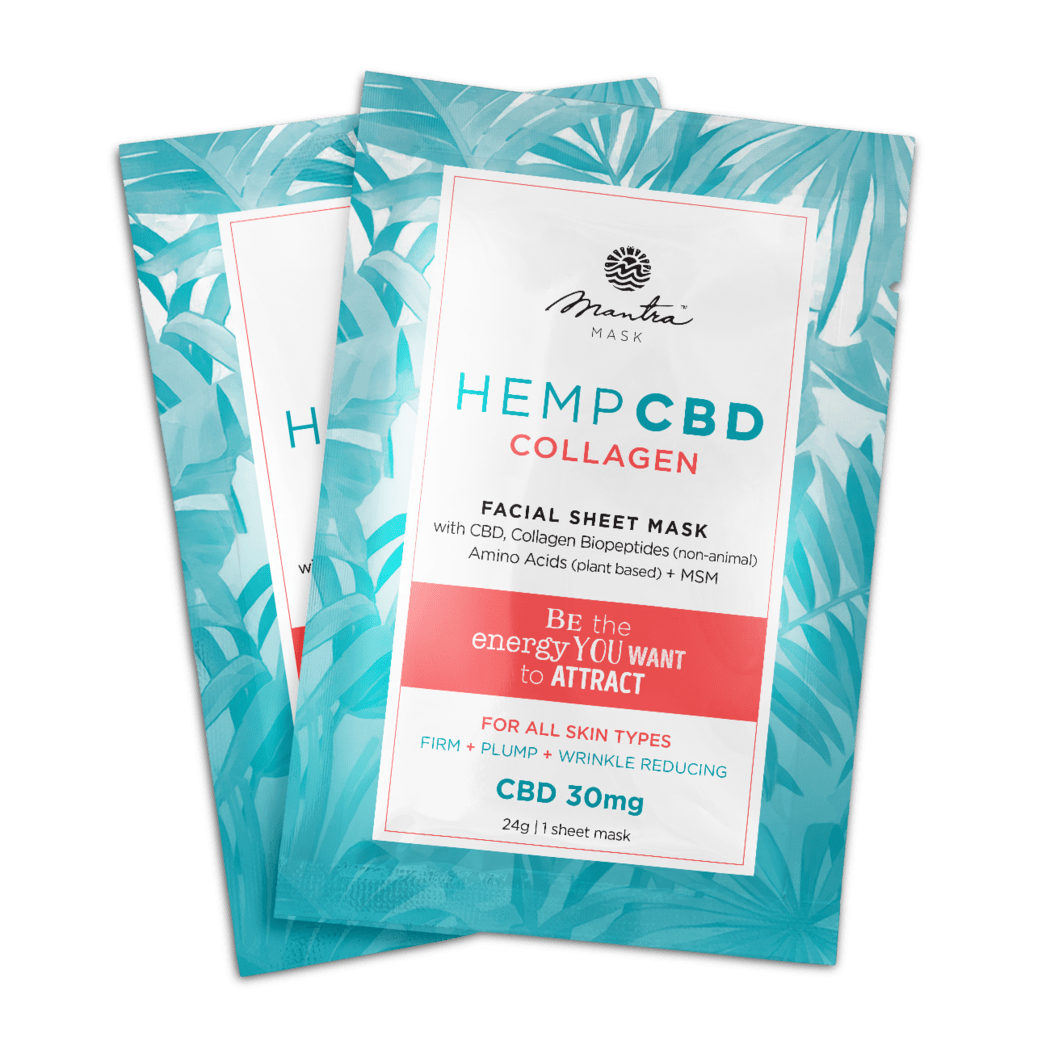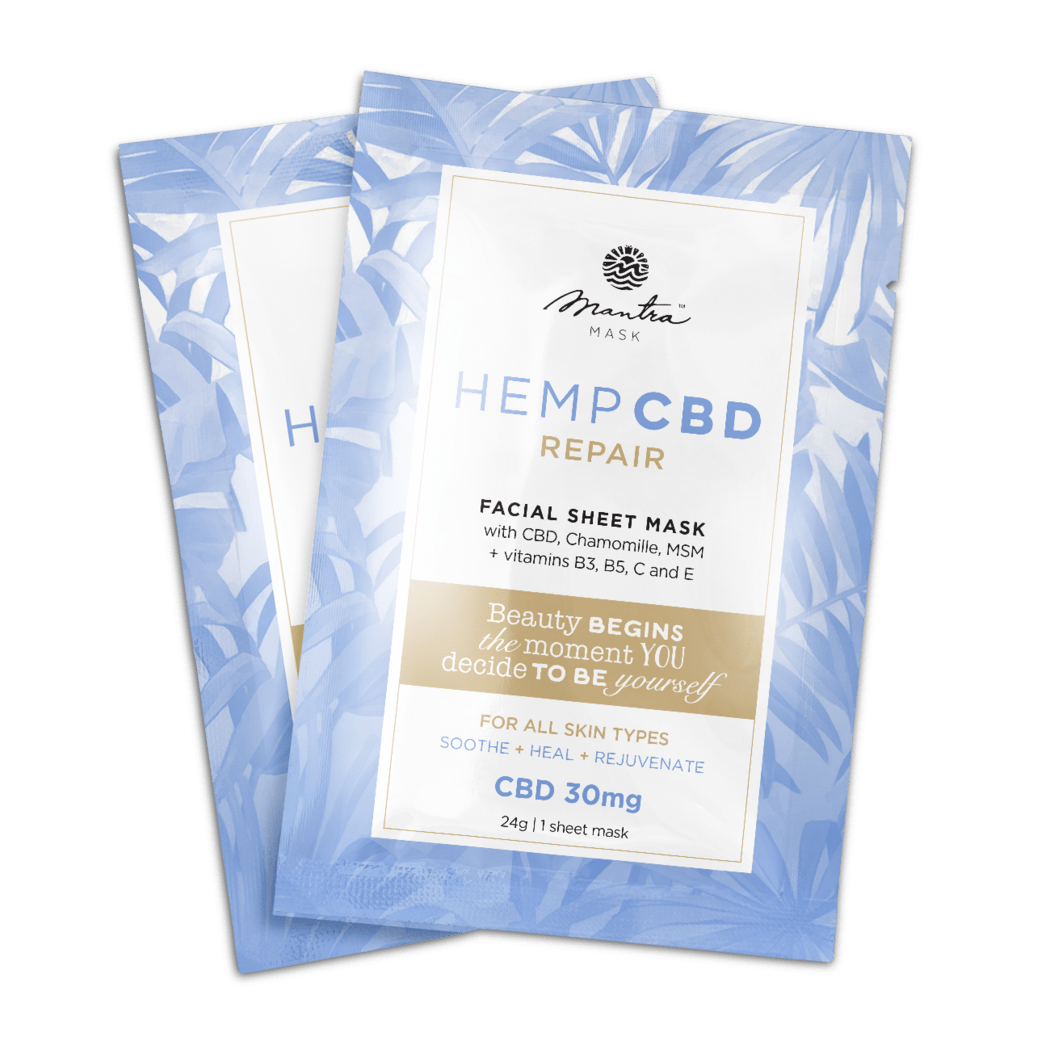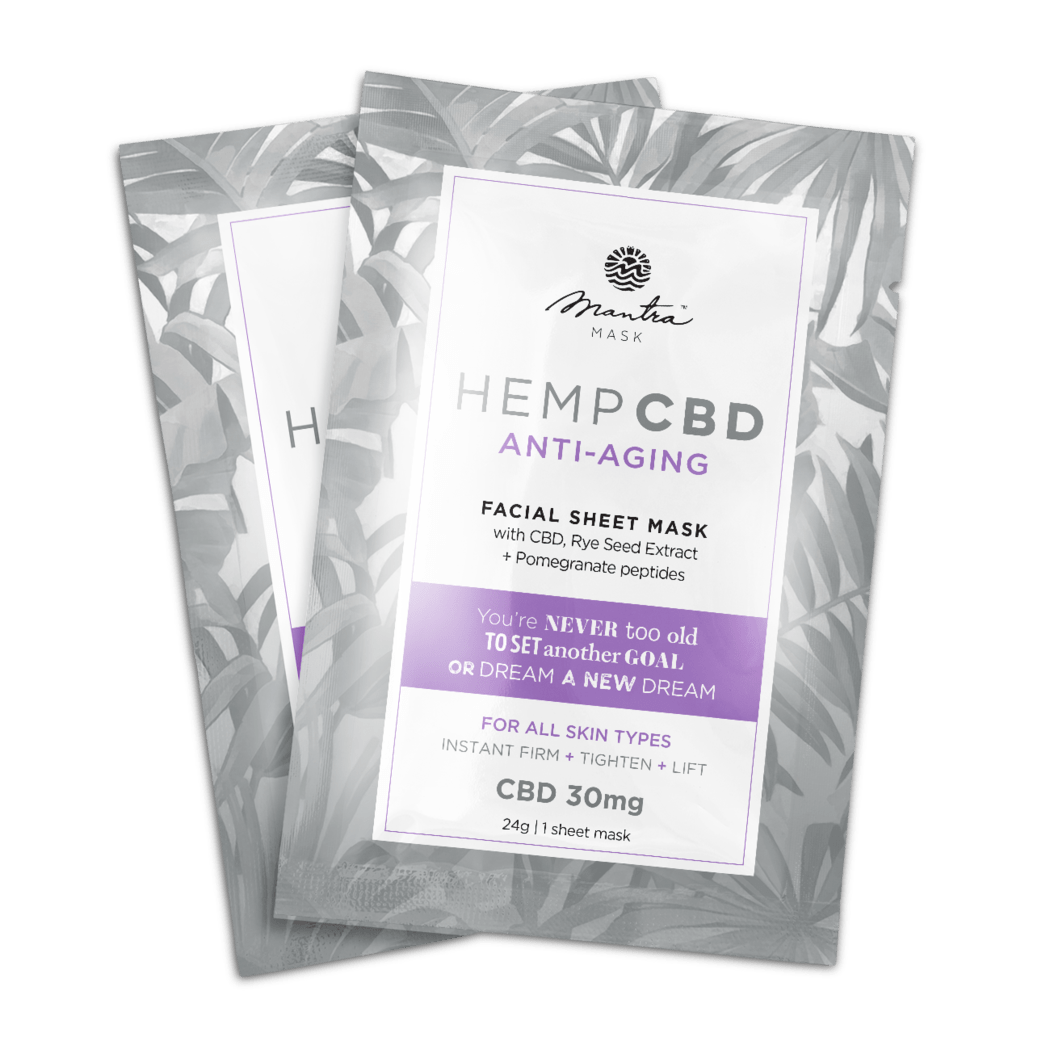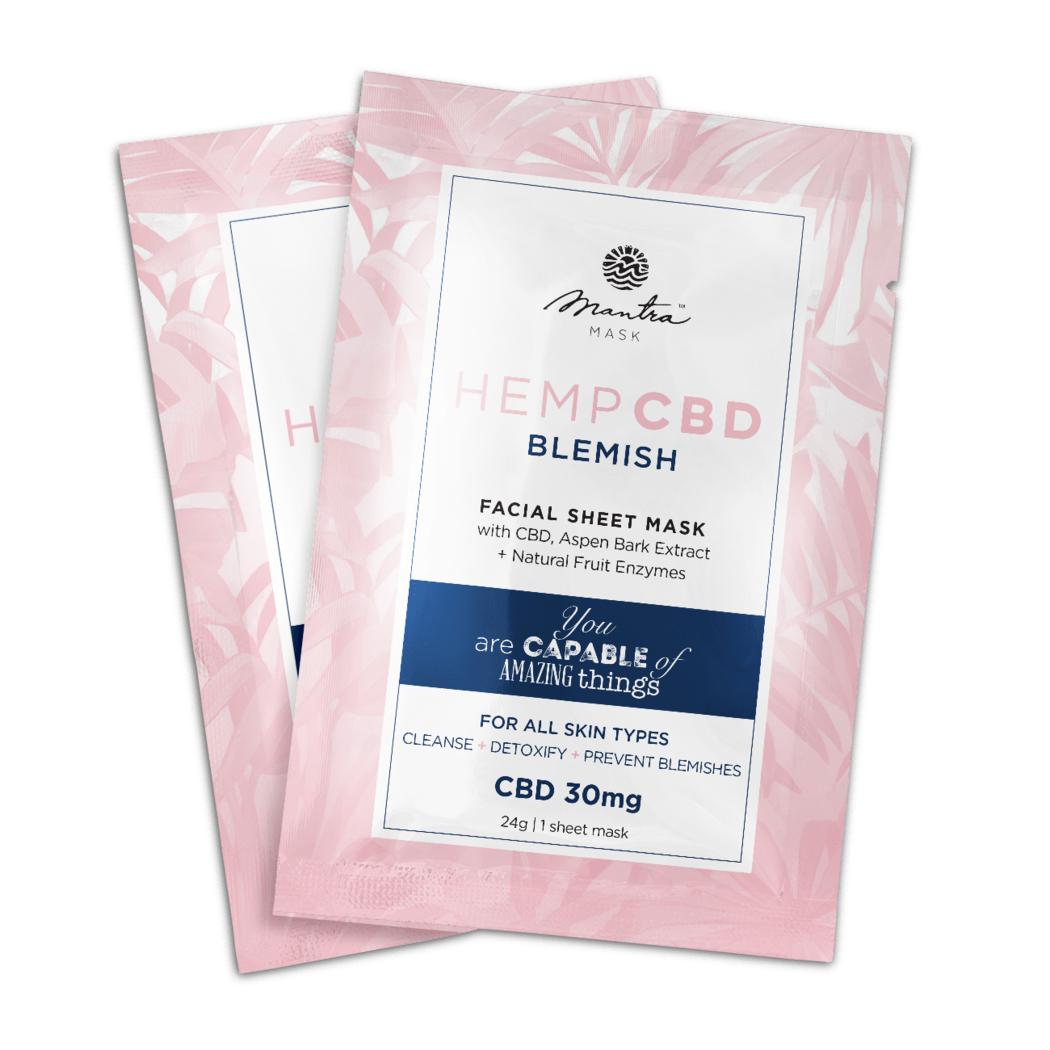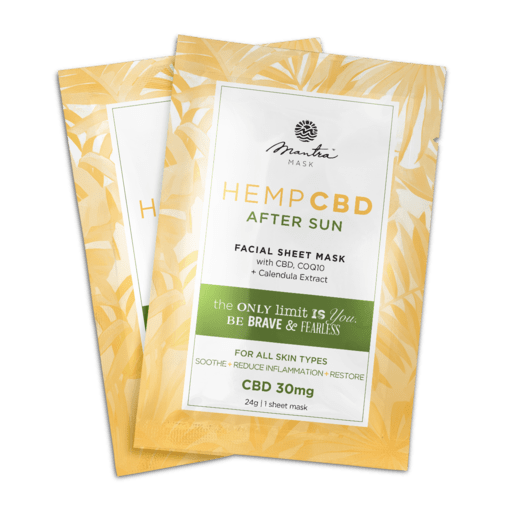Dry, average, or oily skin?
What's your type?
Determining your skin type is the first step to creating a skincare routine that works for you. There are three main skin types: dry, oily, and average. Here are some tips to help you determine which one you have:
Dry skin:
Dry skin can feel tight, itchy, and sometimes flaky. It often looks dull and may have a rough texture. You may find that your skin is more prone to fine lines and wrinkles. To determine whether you have dry skin, wash your face with a mild cleanser and wait a few hours. If your skin feels tight and uncomfortable, it’s likely that you have dry skin.
Oily skin:
Oily skin is characterized by an excess of oil on the face, especially around the T-zone (forehead, nose, and chin). It may look shiny and greasy, and may be prone to acne or breakouts. Oily skin is caused by overproduction of sebum, a natural oil produced by the skin. To determine whether you have oily skin, wash your face with a mild cleanser and wait a few hours. If your skin looks shiny and greasy, especially around the T-zone, you likely have oily skin.
Average skin:
If your skin is neither dry nor oily, you have average or “normal” skin. This skin type is balanced, with an even texture and tone. It’s not overly dry or oily, and is usually not prone to breakouts or other skin conditions. If you have average skin, you may still want to use moisturizer to keep your skin hydrated and healthy. To determine whether you have average skin, wash your face with a mild cleanser and wait a few hours. If your skin feels comfortable and looks healthy, you likely have average skin.
Once you’ve determined your skin type, you can start to develop a skincare routine that works for you. If you have dry skin, look for moisturizing products that contain ingredients like hyaluronic acid and glycerin. If you have oily skin, look for products that are oil-free and non-comedogenic (meaning they won’t clog your pores). If you have average skin, you can use a variety of products, but be sure to choose ones that are gentle and won’t irritate your skin.
Remember, everyone’s skin is different, and you may have combination skin (a mix of dry and oily), or sensitive skin that requires special care. It’s important to experiment with different products and routines until you find what works for you. If you have questions or concerns about your skin type or skincare routine, consider consulting with a dermatologist or skincare specialist.

